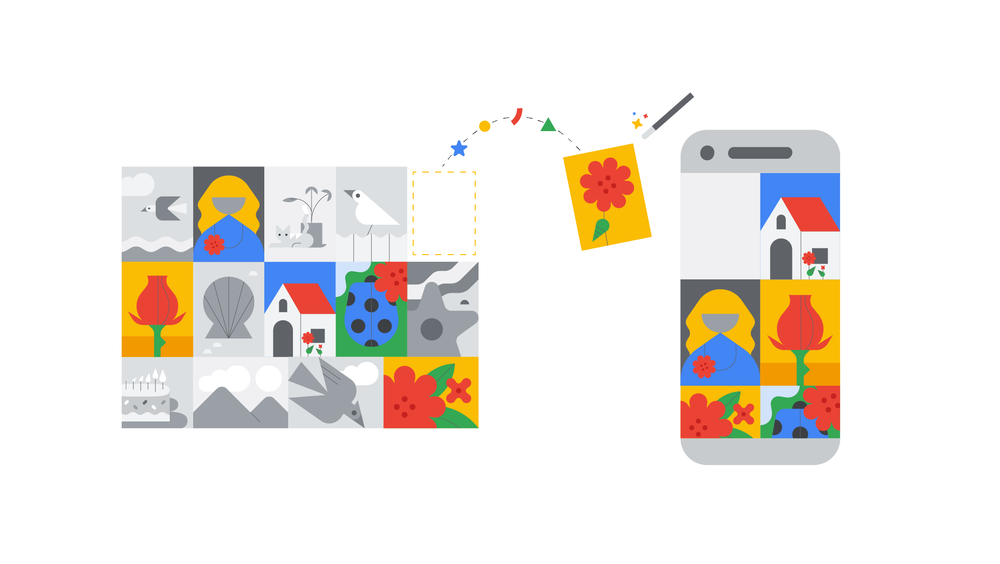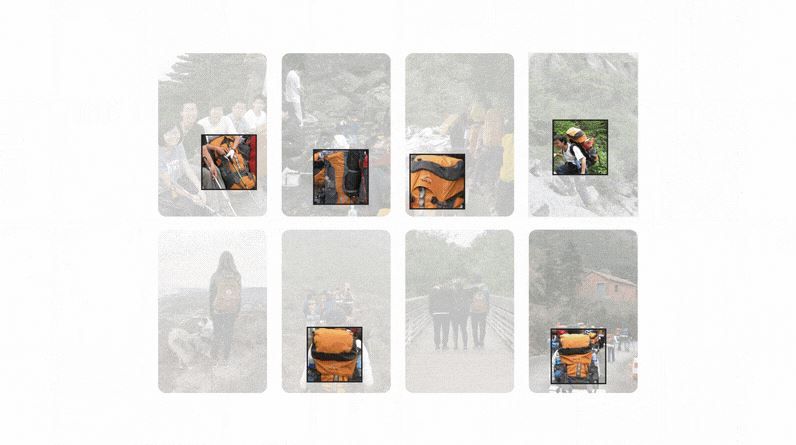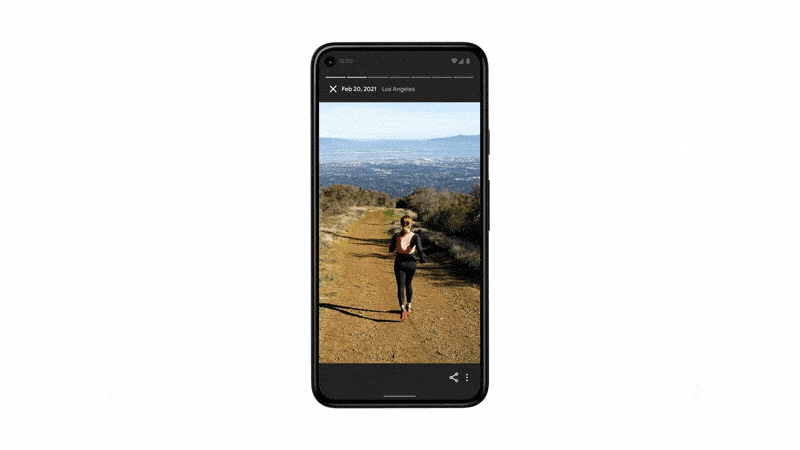Google Photos is an excellent service for keeping an eye on your photos, both if they're new pictures or memories from several years ago. And while Google Photos already employs some AI trickery to sort your photos with things like face recognition, most of your old pictures are still all over the place. Google says that, of the roughly 4 trillion pictures that are stored in Google Photos, most of them are never viewed. Today, Google wants to give you more flexibility and control over your memories in order to allow you to relive them more easily---and also giving you some control over what exactly you want to relive as well.
Google just announced these new features during Google I/O 2021. For one, Google Photos can now go beyond resurfacing photos based on themes to resurfacing photos based on less obvious visual patterns in your photos as well, thanks to machine learning. As part of today's improvements, this app can now highlight these patterns for you, such as three or more images that share something like shape or color, in your Memories. You'll also be able to see special Memories based on the moments you celebrate, like Christmas, Diwali, Hannukah, New Year, etcetera. These Memories will pop up in your feed as you scroll through your pictures like normal.
The Google Photos app can now also animate and add life to your pictures as well. If you took two nearly identical photos while trying to catch the perfect one, the app can now use neural networks to guess, create new intermediary frames between those two pictures, and fill in the gaps to create moving images called Cinematic Moments.
Finally, if you come across a memory of a moment that makes you feel uncomfortable or that you don't want to relive for whatever reason, the app is now making it easier to hide that memory and not see it again. Just tap on the memory, get to the picture you don't want to see, then tap "Hide" and "Remove this memory" so that the Google Photos app promptly removes it.
These are just a few of the changes that Google has announced to their ecosystem of services in Google I/O 2021. What do you think?




